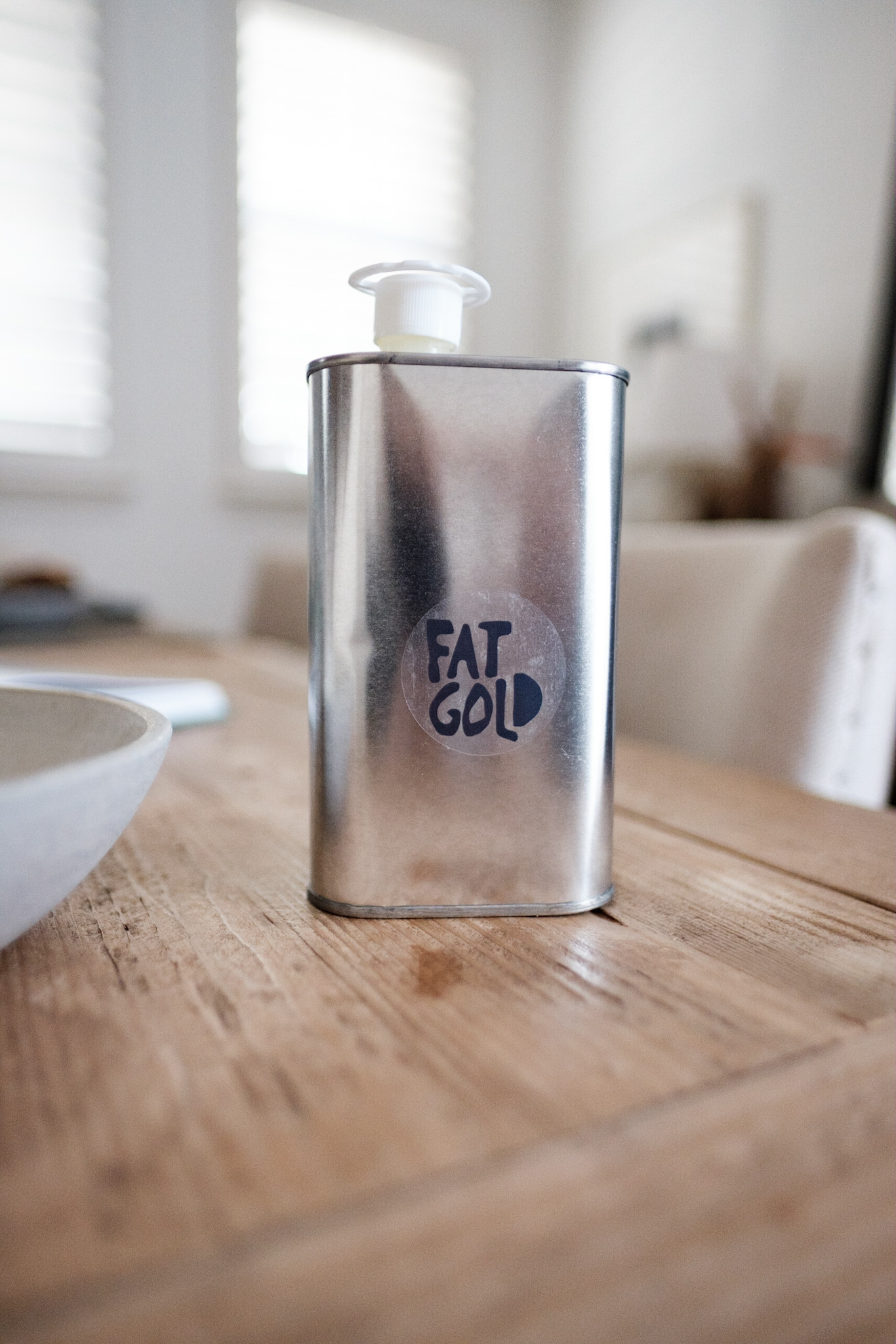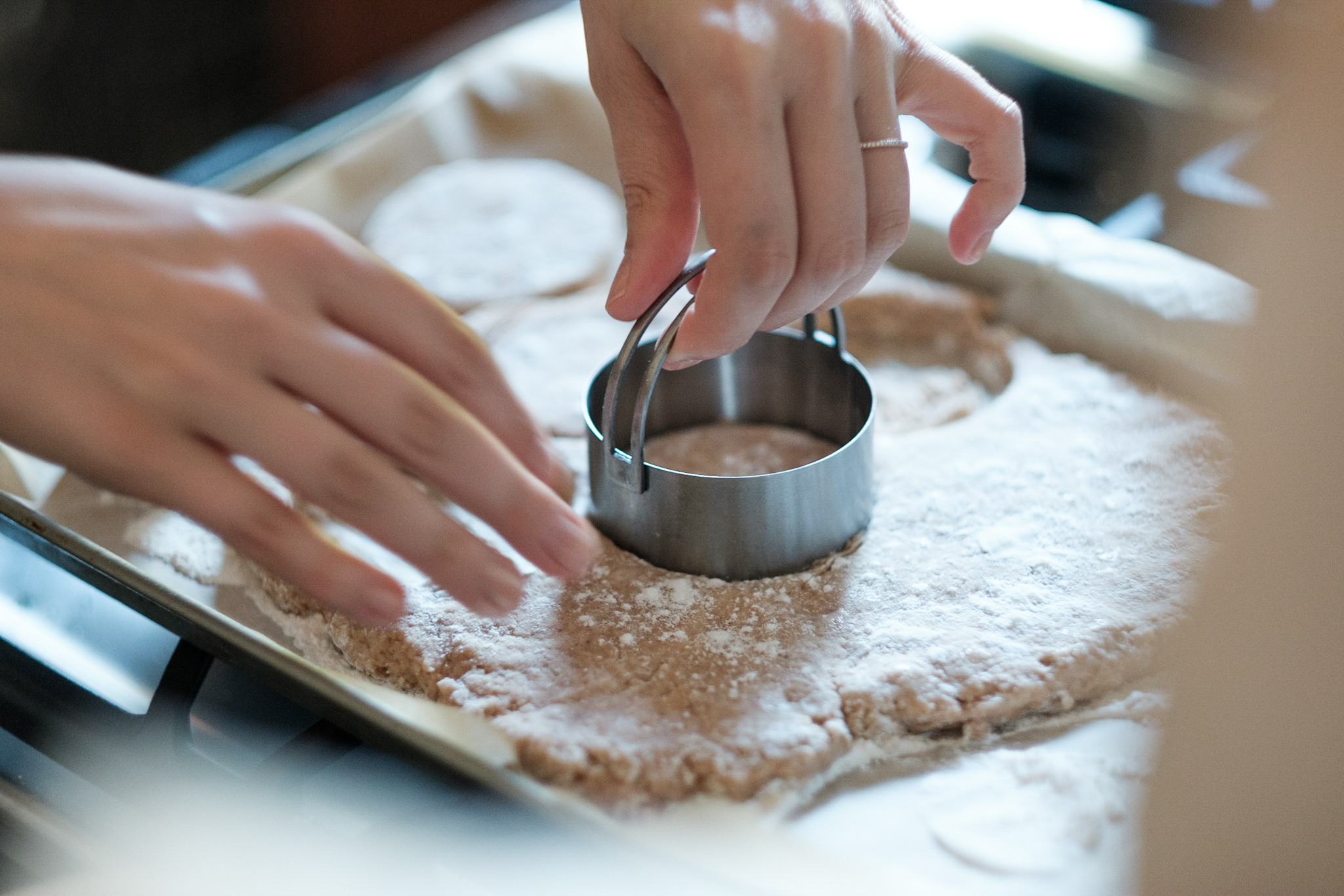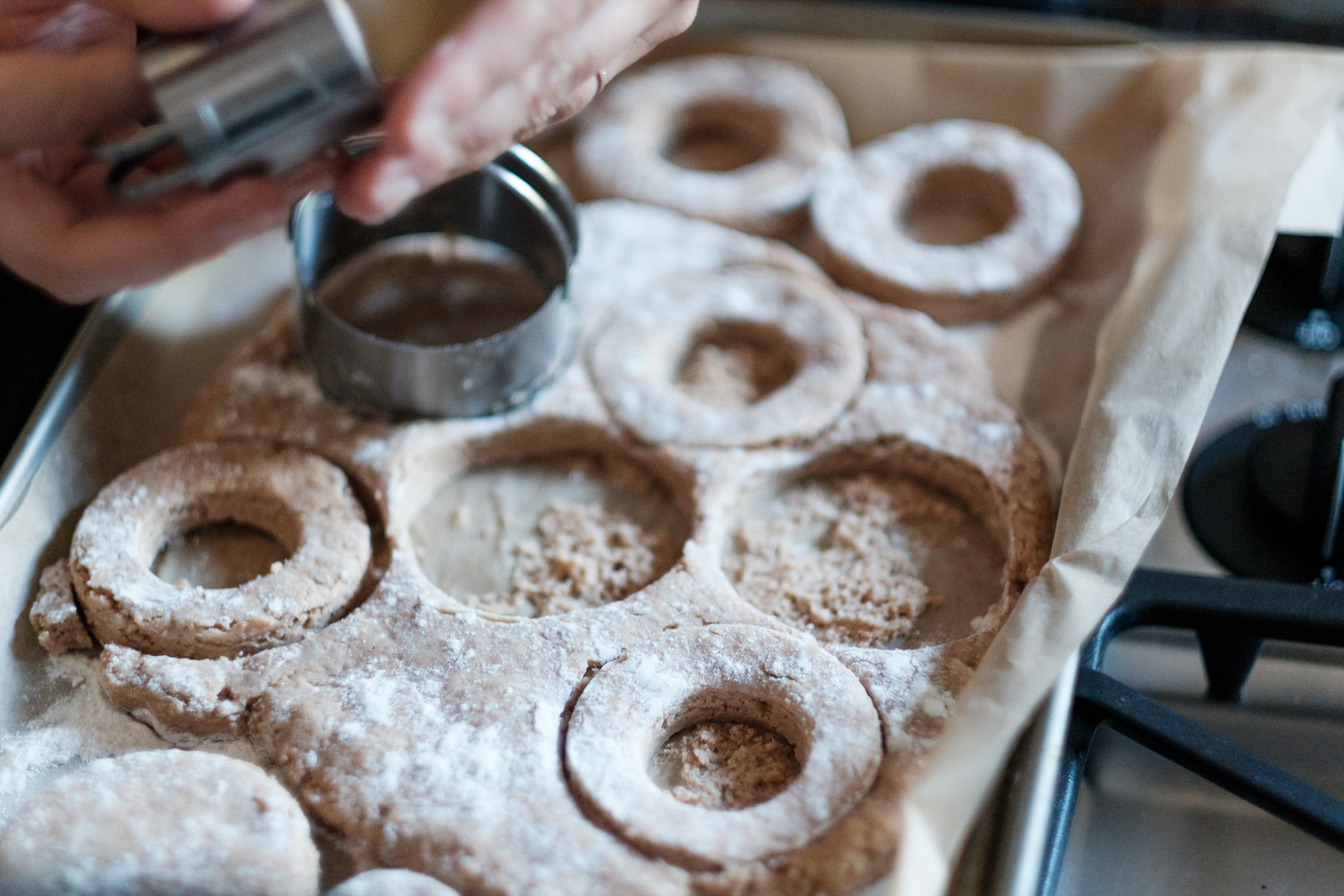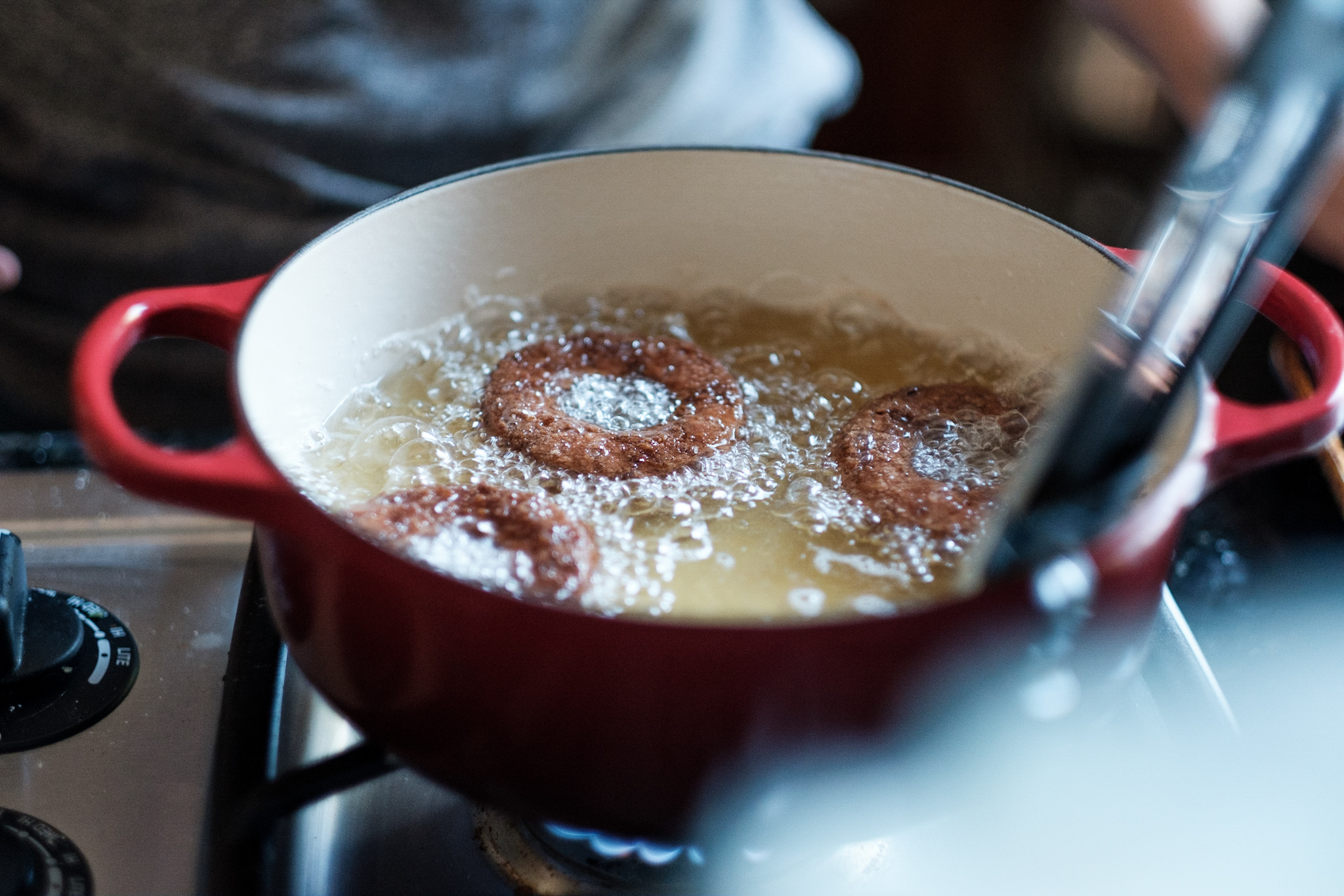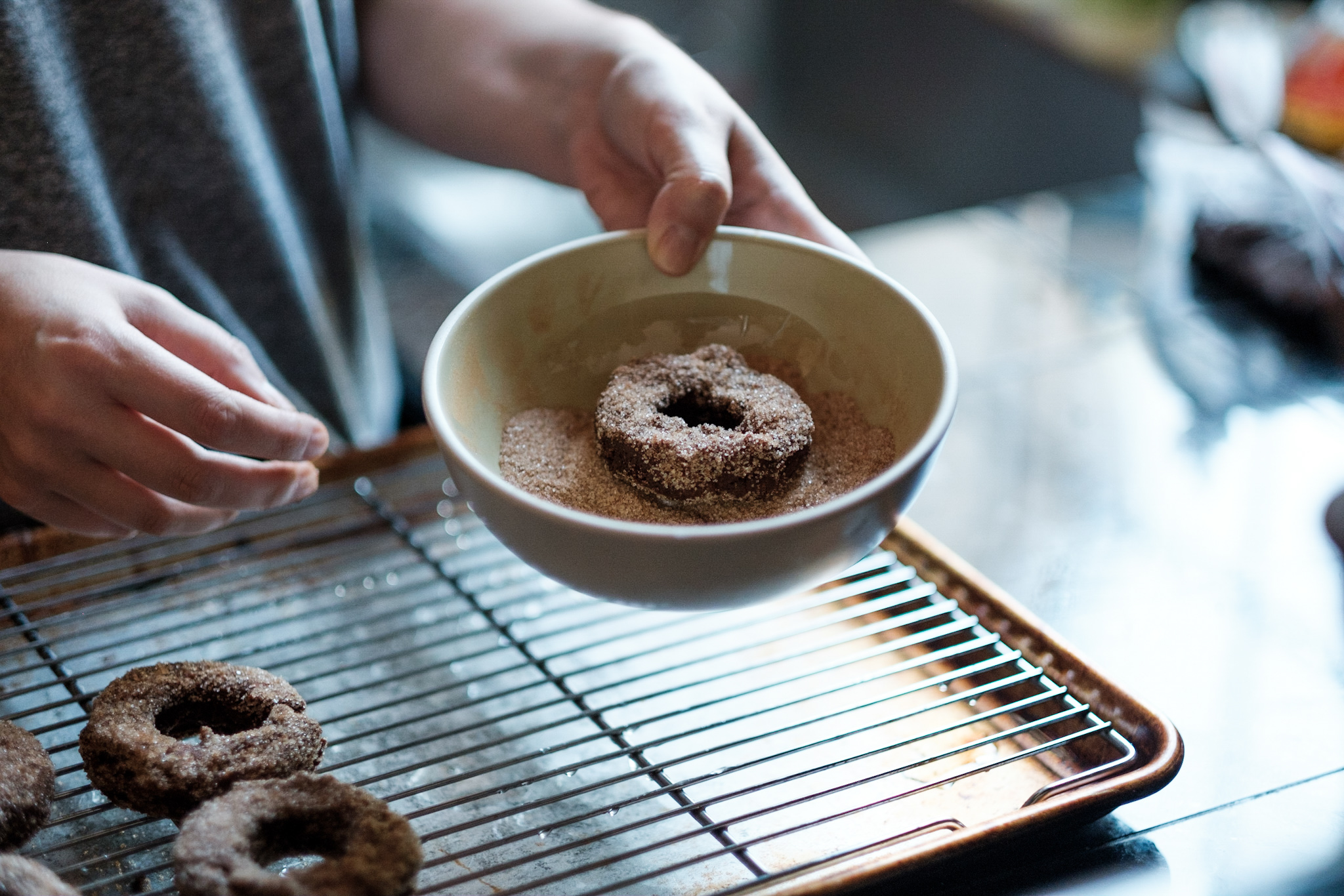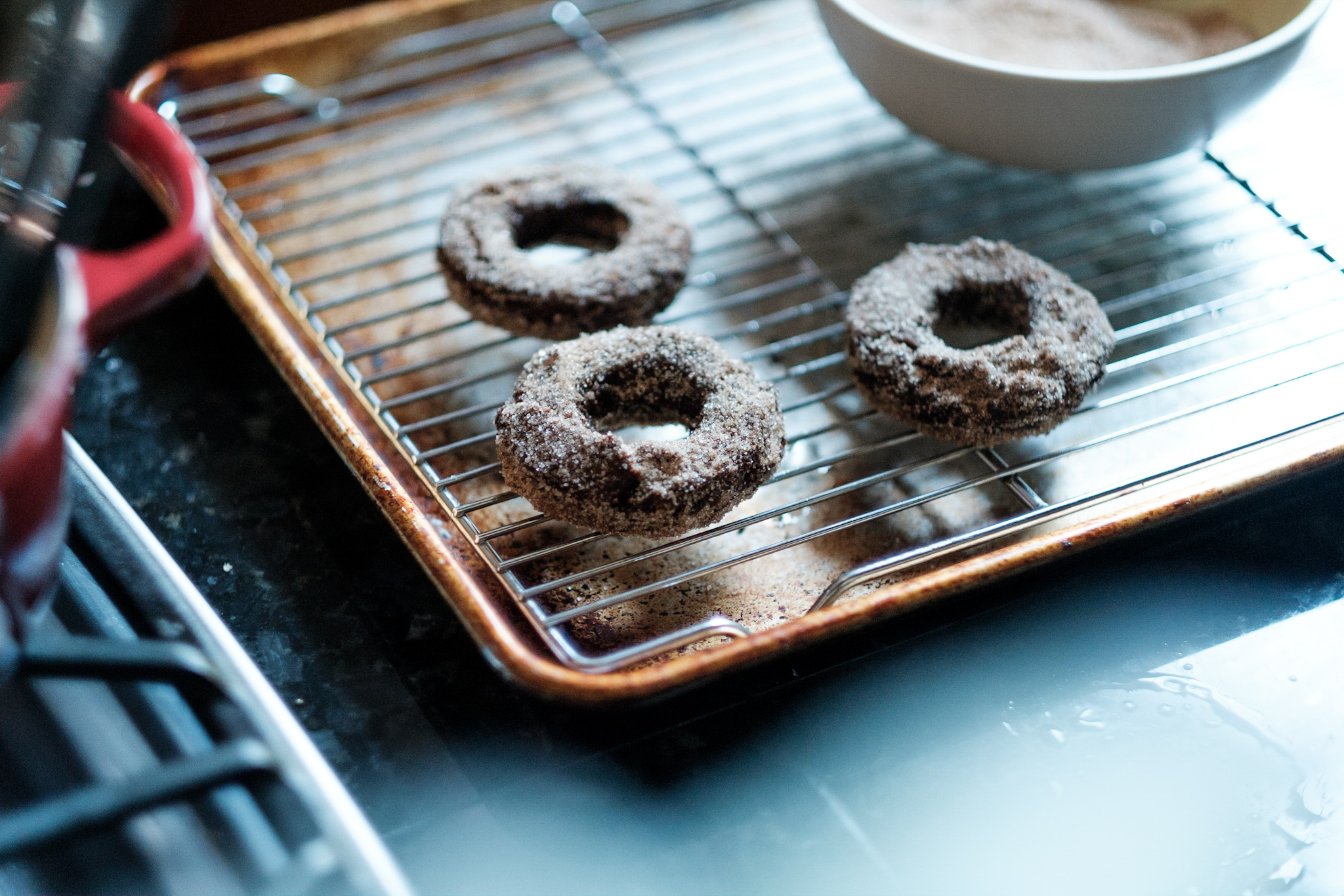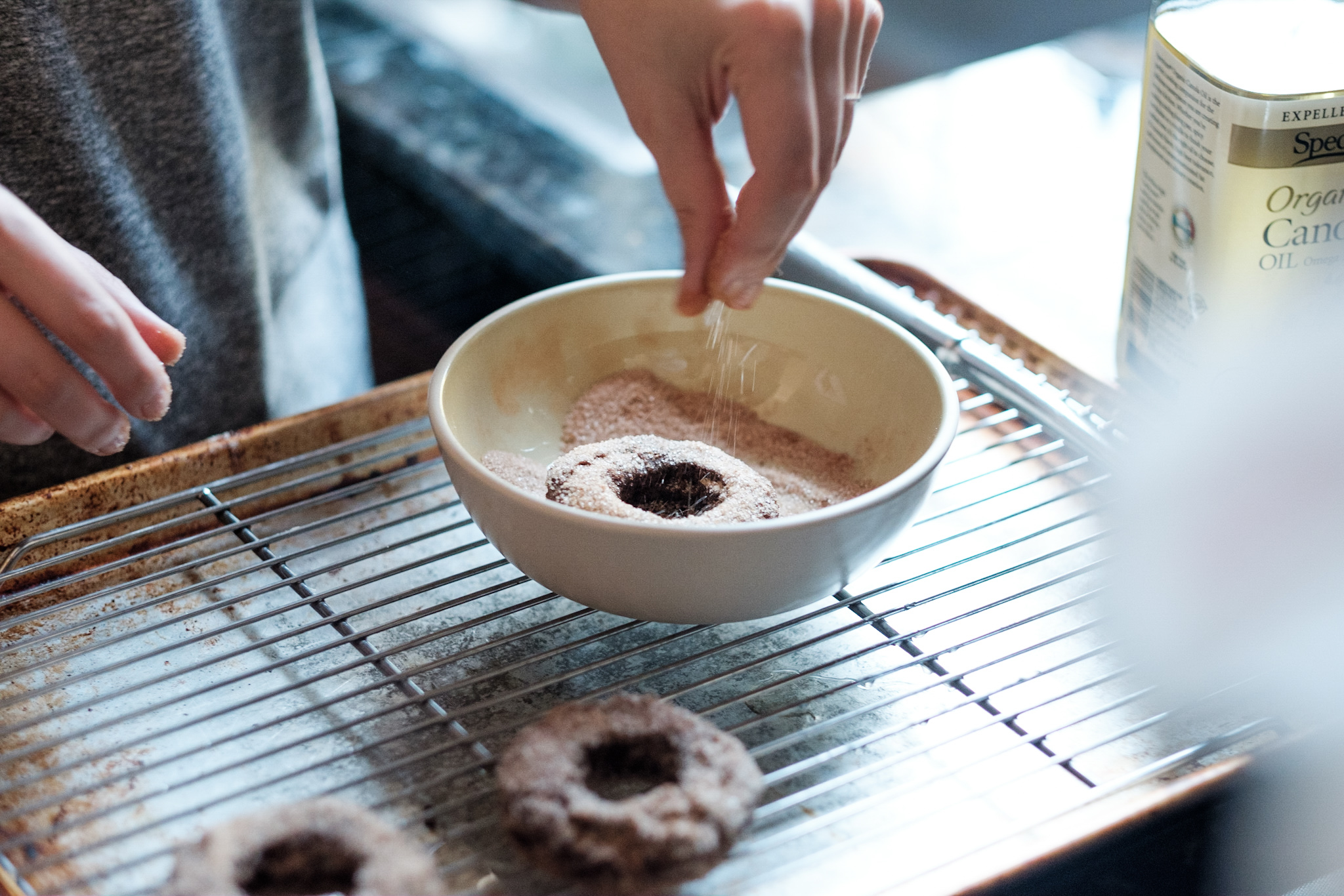In Jane Hirshfield's poem "Tree," there are two things that can usher in calmness during uncertain times: "this clutter of soup pots and books—" It's one of the poems I was adamant about including in the cookbook, and I paired her words with, among other things, a pot of white beans because sometimes it's the most utterly simple yet magical thing you can cook.
Once they're tender, I like to do as Rachel Roddy suggests in My Kitchen in Rome, which is to combine some whole beans with others that have been reduced to a purée. It results in a not-quite-soup situation that's still thick enough to hold its own but loose enough to gather with a spoon or a swipe of bread. We made it lunch a couple of weeks ago, after coming back from the beach.
The final thing I added was a generous drizzle of olive oil, the kind you might reserve for special occasions—Ok, I drenched them—but I've had a change of heart on the matter, and believe these little indulgences should be every day occurrences as often as possible.
I'm very enthusiastic about this particular tin because it came to me from northern California last month I only found out about it because it's made by Robin Sloan, who I spoke with on on a panel in Michigan. Naturally, I had Googled him beforehand and asked about this olive oil situation when we met. He and his girlfriend were in the middle of the first harvest, and this bottle is from the very first pressing of these olives, ever.
In the tasting notes (yes, olive oil can and should come with tasting notes), there are instructions for slurping and mentions of artichoke and how well the oil might pair with roasted vegetables. Then there's the very wise recommendation to use it with abandon. Because it's unfiltered, it's even more likely to spoil sooner, so it's not something to keep in the back shelf for a rainy day, which reminds me of a section in Dani Shapiro's memoir Hourglass, when she recalls a bottle of oil brought back from her honeymoon in France.
"We waited for a special occasion to open the olive oil. No occasion seemed quite special enough. After all, we had the bottles home with us in our carry-on. You could do this back then. Finally, preparing dinner for friends one evening, we opened one. Of course, it had gone rancid."
The moral of the story, of course, is to use it and enjoy it. Don't wait. Make a pot of beans. Drizzle them with wonderful oil. Eat a plate alone, or with friends, it doesn't matter. In "Ode to Oil" Pablo Neruda writes:
Oil,
hidden and most important
ingredient of the stew,
base for partridges,
celestial key to mayonnaise...
Oil,
with our voice,
our chorus,
with intimate
powerful smoothness
you sing...
It is indeed an "abundant treasure." In recent weeks I've rubbed some into kale leaves, swirled it on soup. And of course, the beans, where so much poetry resides, and where a plate feeds you mightily, body and soul.


